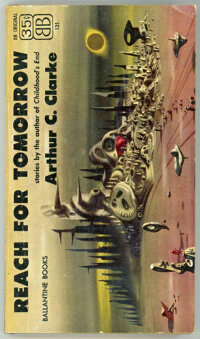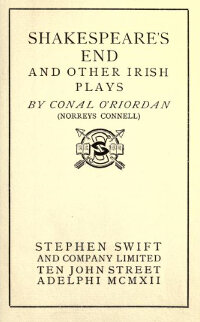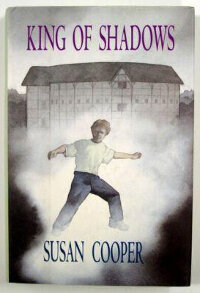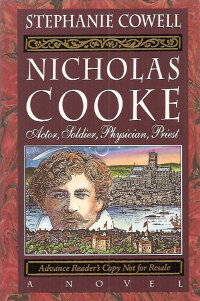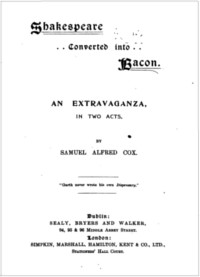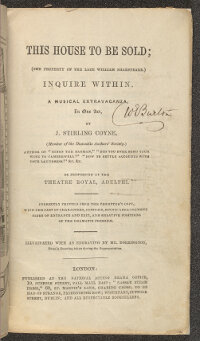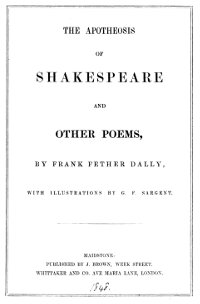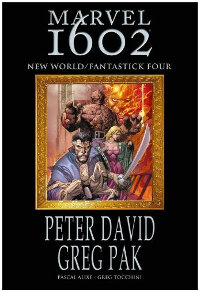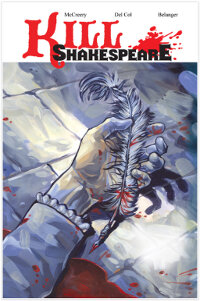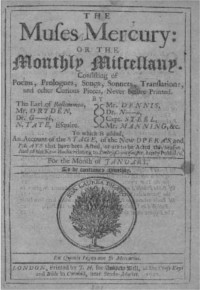Arthur C. Clarke
First published in King’s College Review, 1947
Collected in Reach for Tomorrow (1956) as “The Curse”
Clarke wrote this story while stationed near Stratford-upon-Avon, training RAF radio mechanics after the war. Shakespeare himself does not appear, though the warning on his gravestone and mankind’s destruction are strangely connected in this short, grim story of the end of the world.
